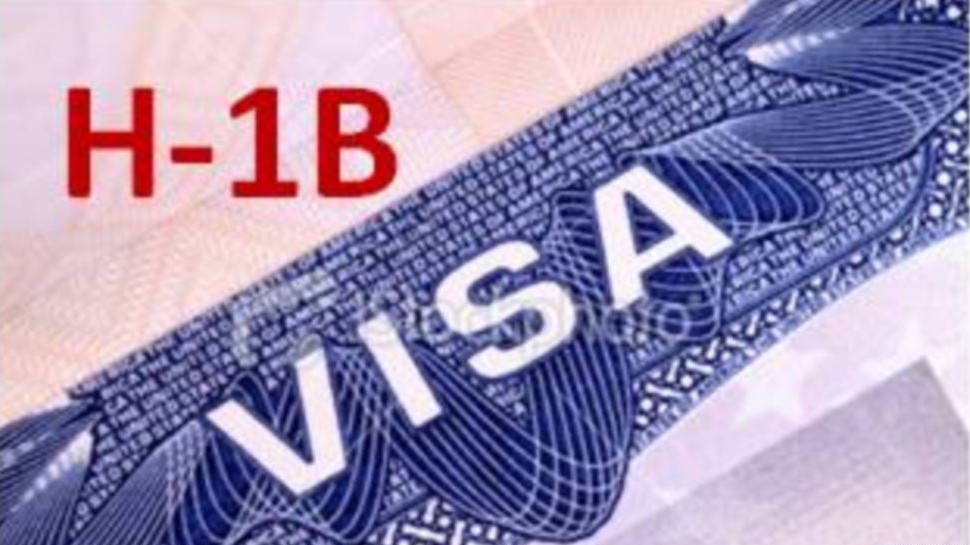H-1B Benefit Fraud & Compliance Assessment, a study published by U.S. Citizenship and Immigration Services last month, finds that small companies are more likely to violate the rules related to H-1B temporary work visas. This finding is unsurprising because–as my clients constantly remind me–the rules are hyper technical. They consist of hundreds of pages of regulations from USCIS, the U.S. Department of Labor, and the U.S. Department of State. In my opinion, the best way to reduce technical violations is to simplify the bewildering maze of rules.
Each year, 65,000 H-1B visas are made available to professionals with at least a bachelor’s degree to work to work for employers paying at least the “prevailing wage” for the job in the geographic area. For background about H-1B visas, see here.
USCIS’ study found fraud or technical violations in 20% of the 246 cases investigated. Technical violations included violations such as:
- The employer required the H-1B worker to pay the $750 or $1500 “ACWIA” filing fee, which by law cannot be passed on to the worker.
- The employer failed to pay at least the prevailing wage under U.S. Department of Labor rules.
- The H-1B worker was working in a geographic location not specified in the paperwork filed with the U.S. Department of Labor.
- The employer put the H-1B worker on unpaid leave (“benching”).
Based on the study, USCIS found that being a small company (25 or fewer employees, or gross annual income under $10 million) or being a new company (in existence for fewer than 10 years) is an “indicator” that fraud or technical violations are more likely. USCIS promised to “make procedural changes” to go after such violators.
It seems to me that it’s wrongheaded to crack down on small businesses. Instead, USCIS should crack down on fraud, wherever it is found. And USCIS should simplify the maze of H-1B rules to make it easier for small businesses to comply with the law.
H-1B visas are a good deal for businesses because they allow companies to recruit the best talent wherever it can be found. H-1B visas are a good deal for U.S. workers too because for each H-1B worker hired the employer pays the above-mentioned $750 or $1500 “ACWIA” fee to the federal government to be used for training U.S. workers so our country can compete better in the global economy.
In this economic climate, where the government just bailed out big business on Wall Street to the tune of $700 billion, we should be making it easier for small business to compete by simplifying regulations rather than punishing small business for hyper-technical violations of byzantine rules.

Leave a Reply